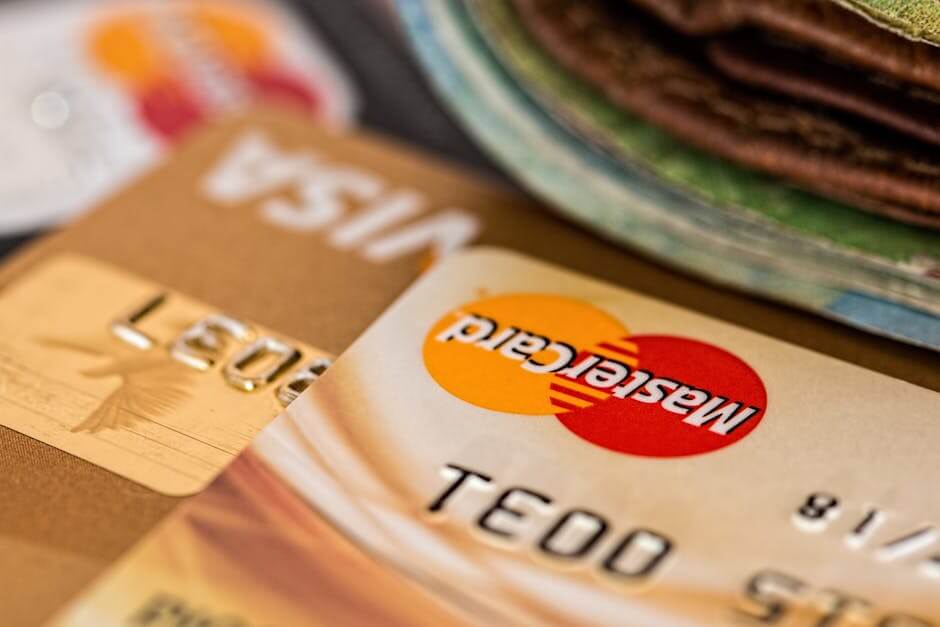Your credit score is a number that lenders use to assess your creditworthiness. It is based on your credit history, which includes factors such as your payment history, the amount of debt you have, and the length of your credit history. A good credit score can help you qualify for loans and other forms of credit at lower interest rates, while a bad credit score can make it difficult to get approved for credit or result in higher interest rates.
There are several things you can do to improve your credit score. Here are some tips:
* **Pay your bills on time, every time.** This is the most important factor in determining your credit score. Even one missed payment can have a negative impact on your score.
* **Keep your credit utilization low.** Credit utilization is the amount of credit you are using compared to your total credit limit. A high credit utilization ratio can indicate that you are overextending yourself and can hurt your credit score.
* **Don't open too many new credit accounts in a short period of time.** Each time you apply for new credit, it results in a hard inquiry on your credit report. Too many hard inquiries can lower your credit score.
* **Dispute any errors on your credit report.** If you find any errors on your credit report, you should dispute them with the credit bureau. Errors can negatively impact your credit score, so it is important to correct them.
* **Build a positive credit history.** The longer your credit history, the better your credit score will be. If you have a limited credit history, you can build it by getting a secured credit card or becoming an authorized user on someone else's account.
Improving your credit score takes time and effort, but it is worth it. A good credit score can save you money on interest payments and help you qualify for better loan terms. By following these tips, you can improve your credit score and reach your financial goals.
**How to Calculate Your Credit Score**
Your credit score is calculated using a formula that takes into account several factors, including:
* **Payment history (35%)**
* **Amounts owed (30%)**
* **Length of credit history (15%)**
* **New credit (10%)**
* **Credit mix (10%)**
Each of these factors is weighted differently in the calculation, with payment history being the most important. A higher percentage in any of these categories indicates a more positive impact on your credit score.
Your credit score can range from 300 to 850. A score of 700 or higher is considered good, while a score below 600 is considered poor.
**How to Get a Free Copy of Your Credit Report**
You are entitled to a free copy of your credit report from each of the three major credit bureaus (Equifax, Experian, and TransUnion) once per year. You can request your free credit report online at AnnualCreditReport.com.
It is important to review your credit report regularly for errors. If you find any errors, you should dispute them with the credit bureau. You can also use your free credit report to track your progress in improving your credit score.

